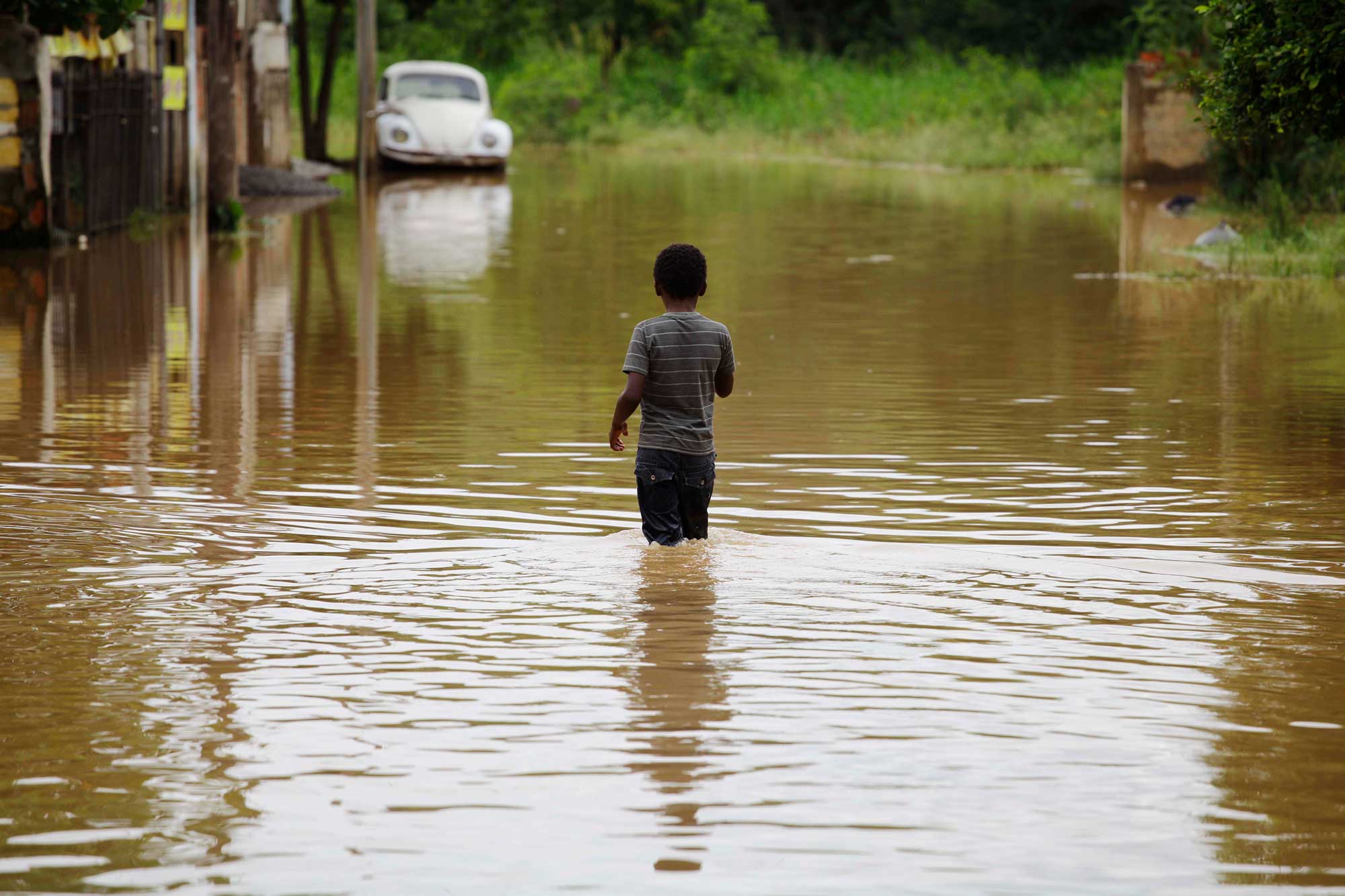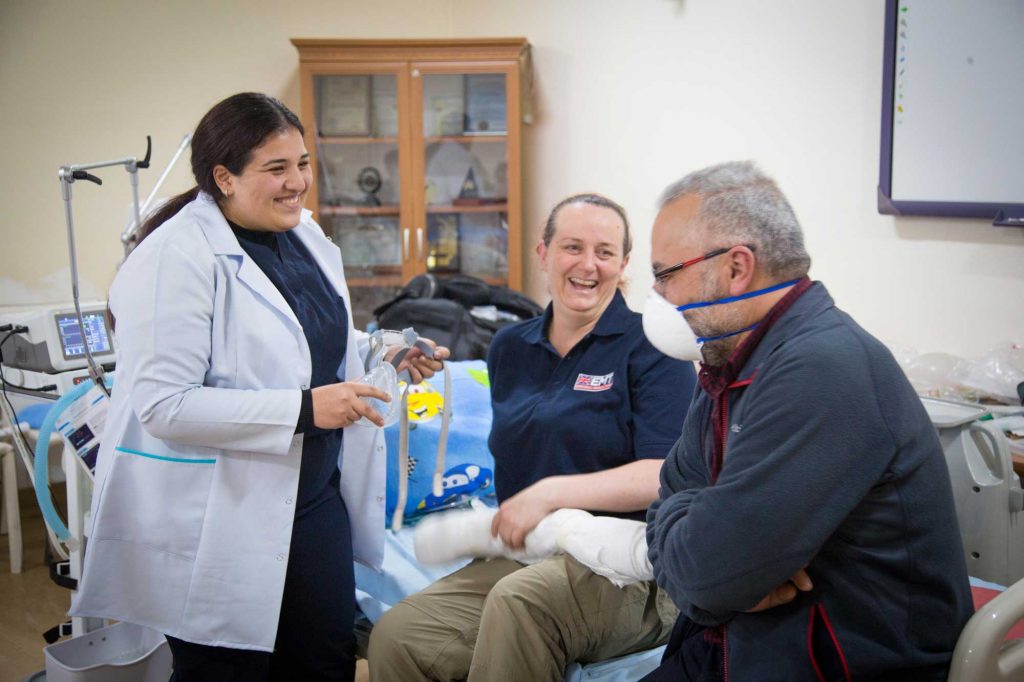“2020 was not just the year of COVID, it was also the hottest year on record, the year of floods, heatwaves, wildfires and locust outbreaks. We think we live in a single hazard world, even though the climate crisis doesn't stop.”
Food security specialist, 15 years of experience

The COVID-19 pandemic as an opportunity for change
This study was conducted during a global pandemic and highlighted how the world reacts to a global crisis, and the people which are the most at risk.
Both the COVID-19 pandemic and the climate emergency have a disproportionate effect on people who are already vulnerable, including those living in displacement sites and refugee camps, young children, women, caregivers and informal workers.
The pandemic response showed how quickly the global community can come up with joint and dramatic solutions, such as vaccines and cash transfers, when a crisis is seen as sufficiently urgent. It also demonstrated how quickly human behaviour could change in ways that reduce carbon pollution.
COVID-19 forced a sudden change in the way that aid organisations conduct operations. Organisations that regularly flew staff to supervise and monitor projects, attend meetings, workshops and conferences, saw many more interactions happening virtually. This had the positive effect of cutting down on unnecessary travel and carbon emissions, showing that meaningful work can happen virtually. But movement restrictions also initially forced aid workers already in the country to stay at home, impeding on their ability to assist and protect target populations.
“COVID-19 is a perfect example of what will happen if you don’t prepare. There were no systems and preparedness in place to address it.”
Climate change adaptation, 15 years of experience
The pandemic was a missed opportunity to change donor strategies, as funding for the COVID-19 response went as usual to large UN organisations, instead of local organisations.
And, with passing time, hopes for global solidarity and a better understanding of our interconnected fragility as humans is giving way to pessimism, as business as usual resumes, some nations turn inwards and some donor countries reduce aid budgets.

A galvanising platform for action
HCRI, UK-Med and Save the Children have identified the need for a new, funded and proactive alliance that can guide the aid sector through the decisive actions needed to achieve these seven critical actions. This alliance would specifically focus on:
Future research
Further research is needed to quantify and plan for the impact of the climate emergency on changing humanitarian needs in specific areas, such as health, food security, water, sanitation and hygiene, shelter and protection, as these needs are insufficiently quantified. Organisations need to determine what internal knowledge gaps exist and gauge internal training needs.
Finally, research on adapting to the climate emergency in aid organisations must examine shifting risk profiles of a range of countries, not just those in severe crisis or with most resources, to understand how living conditions are liable to change and impact humanitarian operations in the long run.